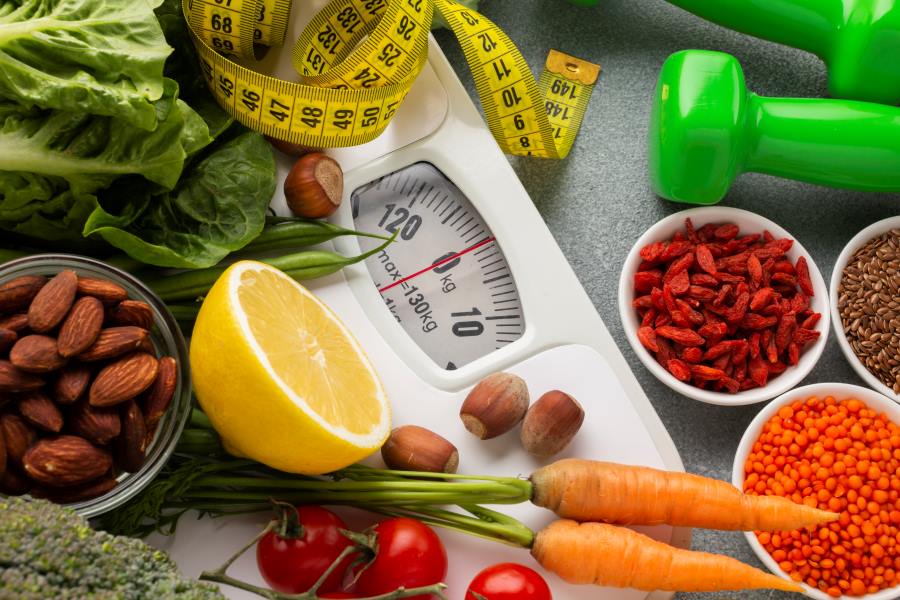- Pick a muscle workout Plan
- Calculate your Macros
- Learn about the best supplements for gaining muscles
- Join a fitness community





value


A diet comprises every important nutrient such as protein, fat, carbohydrates, vitamins and minerals necessary for body immunity and great health. However, to get the most out of a healthy diet, you must intake each component in the right proportions.
Hence, when it comes to carbohydrates, you need to be very cautious as it has a great impact on the betterment of your health. To know how much to intake, you can either contact a dietician or take help easily from an online carbohydrate calculator.


Carbohydrates are important body-building nutrients present in foods as sugar molecules. When they enter your body, they turn into glucose, get burned, and give you the energy to work. Foods that are rich in carbohydrates are:
Read more
Read less
Carbohydrates are of 3 types. They are as follows:
An online carb calculator is a great, convenient tool for easily measuring daily carb intake. The steps you should follow to measure your daily carb intake with the help of an online digit carbohydrate calculator are given below:
Step 1
Open the digit's carb calculator and choose your gender, age, height and weight.
Step 2
Go to the "goal" tab and select your goal, which means whether you want fat loss, regular maintenance or gaining muscle.
Step 3
Go to the "activity level" tab and choose your daily activity level. And finally, click on calculate and get your result.
Useful Calculators to Maintain a Good Health
The benefits of using this online carbohydrate intake calculator are as follows:
Now that you know how to use this carbohydrate intake calculator and its benefits, let's find out more about carbohydrates and their effects on human health.
As mentioned earlier, you can follow those steps to calculate your carbohydrate intake using a daily carb intake calculator. However, you should know your body's requirements to track daily carb intake. A minimum of 55% carbohydrate intake is recommended for an adult. Your carb intake should not rise to 65%. Carb intake percentage is measured in calories, where 4 kcal is equivalent to 1g.
For example, if your daily intake is 2,000 calories, then 900 to 1,300 calories should come from carbohydrates. Proteins and fats fulfill the rest of the amount.
In general, good carbs are healthier carbs that are sourced from beans, whole grains, vegetables, and fruits. On the other hand, bad carbs are processed, simple carbohydrates that contain added sugars and refined grains.
Therefore, if you are concerned about your daily carb intake, consider this guide and modify your diet accordingly. However, take the guidance to calculate carb intake using a carbohydrate calculator for a hassle-free process. For further assistance, you can contact a dietitian as well.